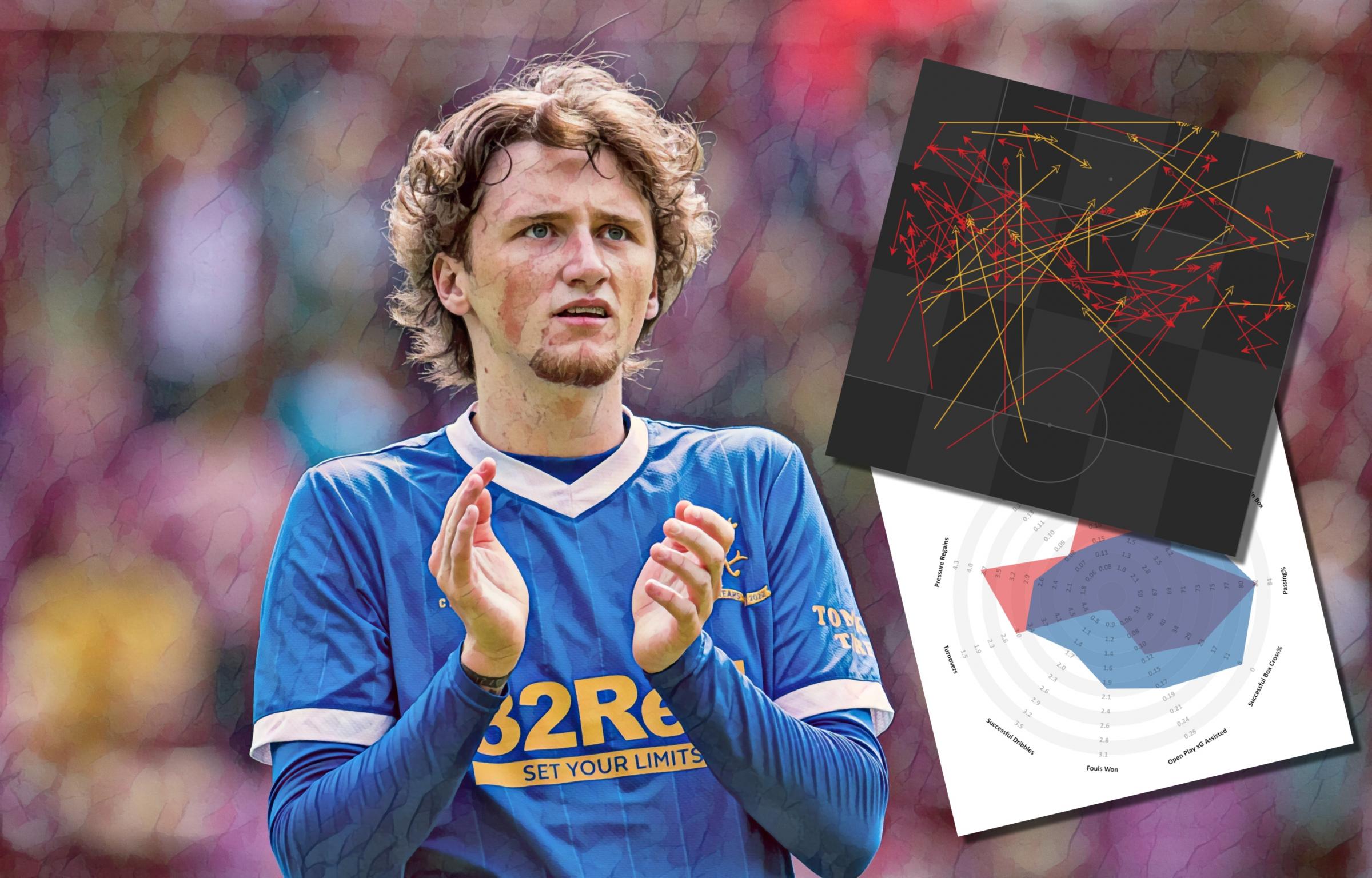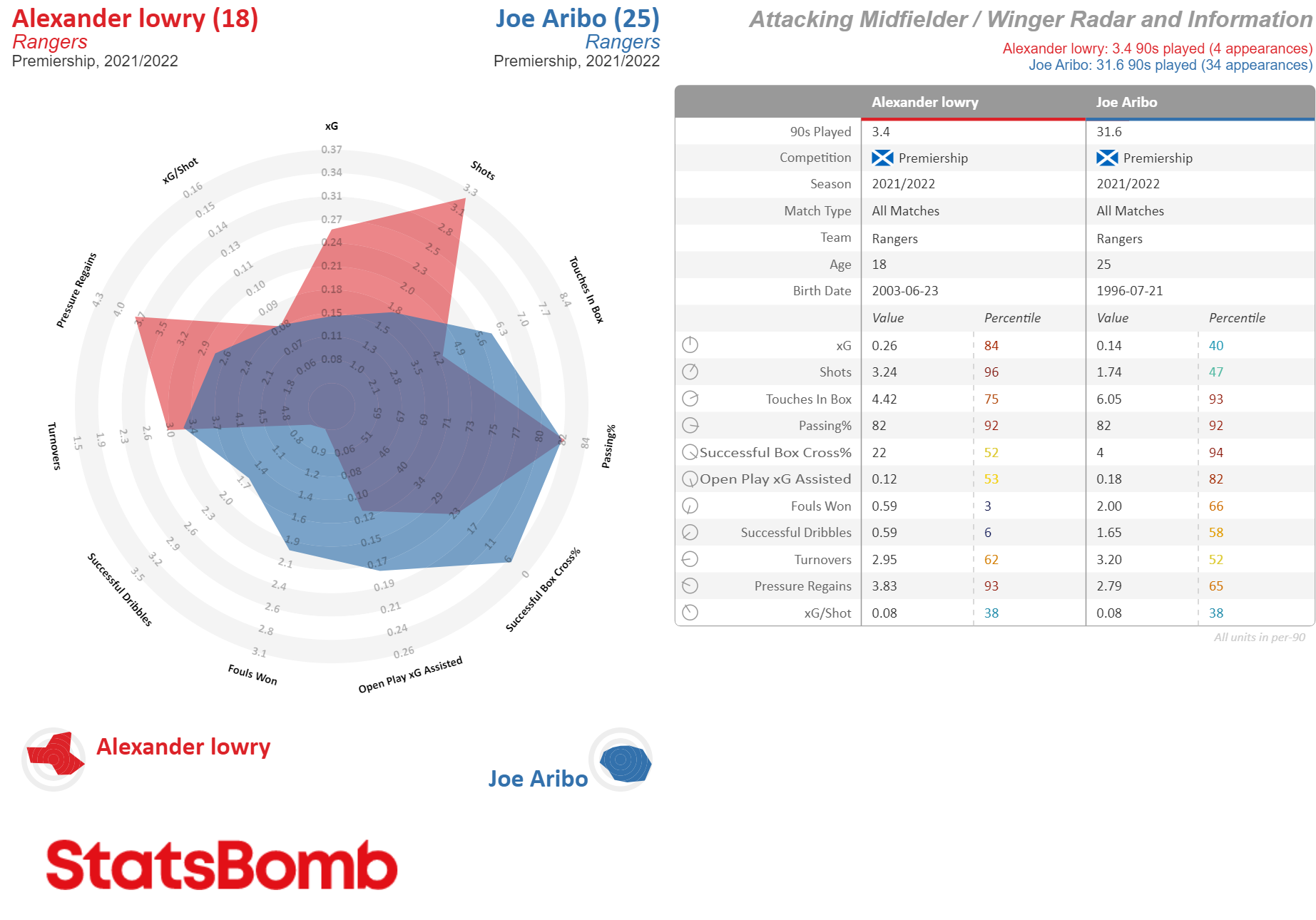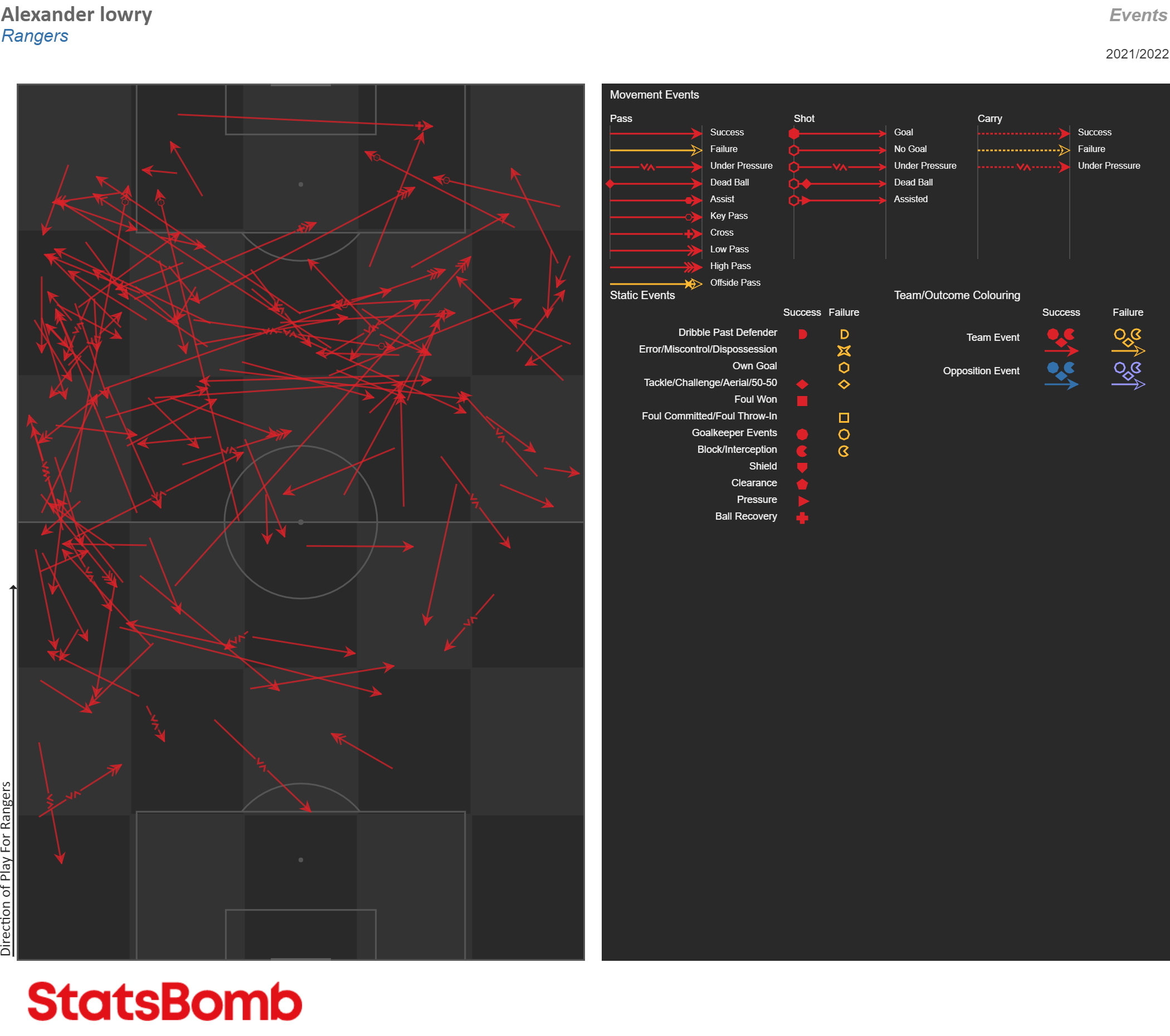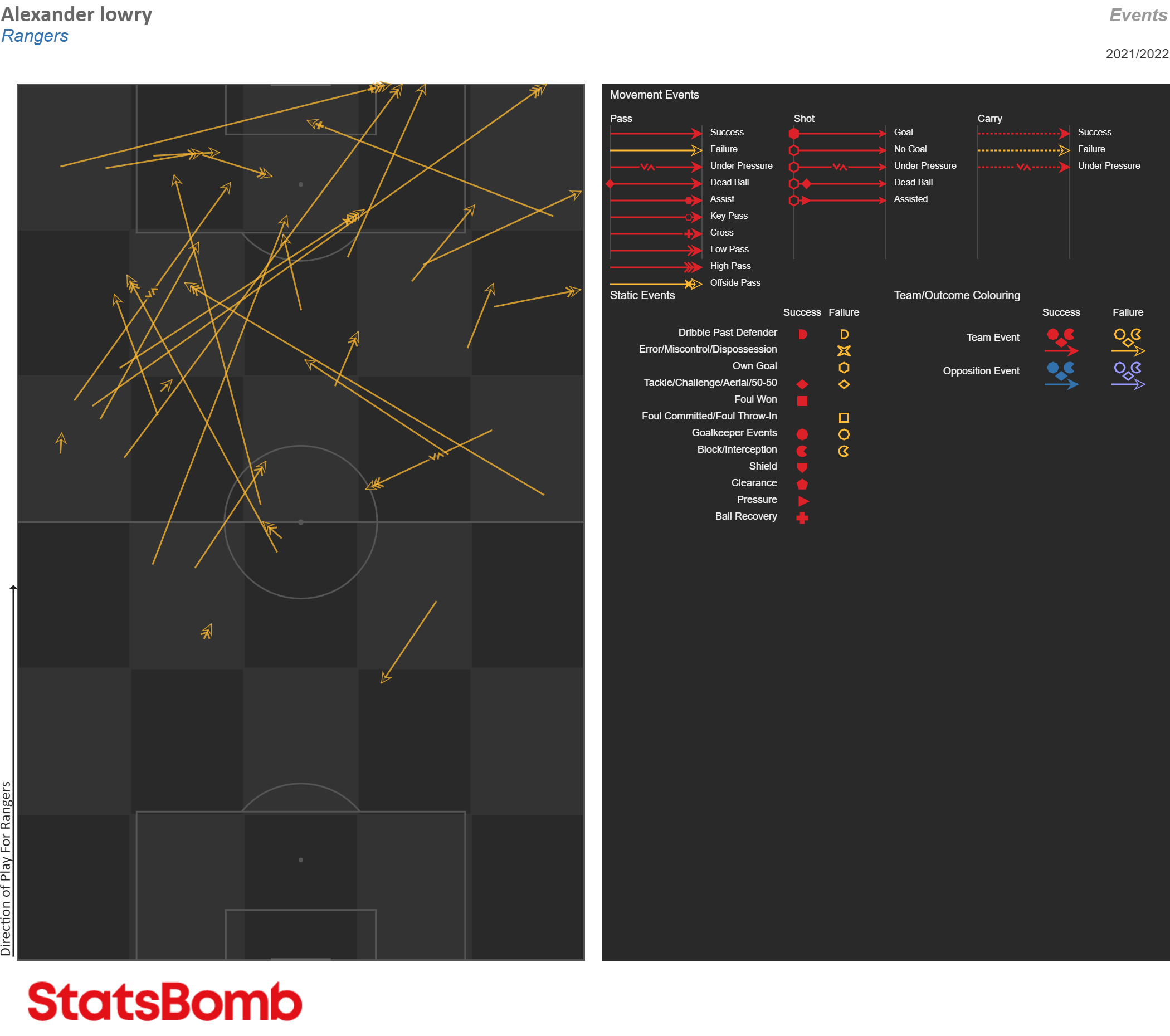
THERE often exists a paradox in football when promising players are promoted to the first team.
Nothing excites a crowd quite like a homegrown talent. There is the immediate establishment of connection and common ground. Given the player’s footballing education has taken place immersed in said club's culture, there is an expectation that they'll understand what is required of them.
Equally, the difference between youth football and men’s football can be defined by two words; development and performance. Managers are judged on results in a first-team environment more than anything else. In a youth team setting, the chief task is to improve, progress and acclimatise.
Supporters want young players to play, but also demand the acquisition of ‘ready-now’ professionals who have made their mistakes and learned subsequent lessons elsewhere. The reality, of course, is that both requirements cannot always co-exist.
Joe Aribo's departure for the Premier League encapsulates this duality. For some, the Nigerian needs to be replaced in the market, while others argue this is exactly the right moment for Alex Lowry, arguably Rangers’ most exciting academy product in over a decade, to assume responsibility.
If not now, when? And if not so, why?
Aged 19, it’s hard to argue that Lowry is ‘too young’ and there is no basis to question the midfielder's quality. He is a different style of player to the departing Aribo, which has its positives.
The youngster's 2021/22 StatsBomb radar sample size is small, featuring just 3.4 90 minutes, but promising. Although two of three starts came from the left-wing rather than central midfield, which could boost attacking numbers, No.8s are granted real freedom in the final third under Giovanni van Bronckhorst.
Comparing this limited per 90 output with Aribo reveals stylistic differences.

Most notably, Lowry averaged a higher xG (0.26 to 0.14) and shot total (3.24 to 1.74) per 90, while Aribo recorded stronger Open Play xG Assisted numbers (0.18 to 0.12) and carried the ball with greater regularly (1.65 to 0.59).
To reiterate, Lowry’s sample size is small and any findings should be asterisked with that point. Nonetheless, the stats reflect a basic finding that corroborates the eye test; Lowry offers a stronger goal threat than most midfield options at the club, is partial to attempting high-risk high-reward actions and is perhaps more suited to van Bronckhorst’s football than Steven Gerrard’s.
Van Bronckhorst’s system is more direct than Gerrard’s controlled ball progression. Since the changing of the guard last November, Rangers' defence has been handed more responsibility moving the ball forwards with the midfield far more offensive.
Lowry’s completed pass map from his Premiership outings last season shows a key trend that demonstrates his suitability, vertical line-breaking passes that progress play and break through opponents.

Even more interesting is the player’s unsuccessful pass maps. Look at the type of actions he’s attempting,

In short, even though he excelled under van Bronckhorst initially, Aribo was very much a Michael Beale midfielder. Press-resistant, comfortable building play and keeping possession. Lowry's far more likely to try a 30-yard diagonal and move the ball forward at pace, which provides a natural fit under van Bronckhorst.
In the past, Lowry has conceded it is important to refine his decision-making. But taking ownership for attacks is hardly an undesirable trait for young players.
Dominant teams require risk-takers. Players who, like Lowry, can speed up the tempo and change the shape of an attack in seconds. Since Gerrard arrived, Rangers have lacked a punchy, provocative final-third passer who can disrupt defences and now have one of their own academy products in that very model.
"He backs himself. It is important you do that — and Alex does,” B team boss David McCallum said recently.
“Any attacker will turn the ball over but it is about what you do the next time you get it and making sure you have an impact. He wants to create and influence the game in key moments.”
Lowry will make mistakes, but his contributions in the final third will far outweigh any negatives.
And only game time will turn him into the player he can become.







